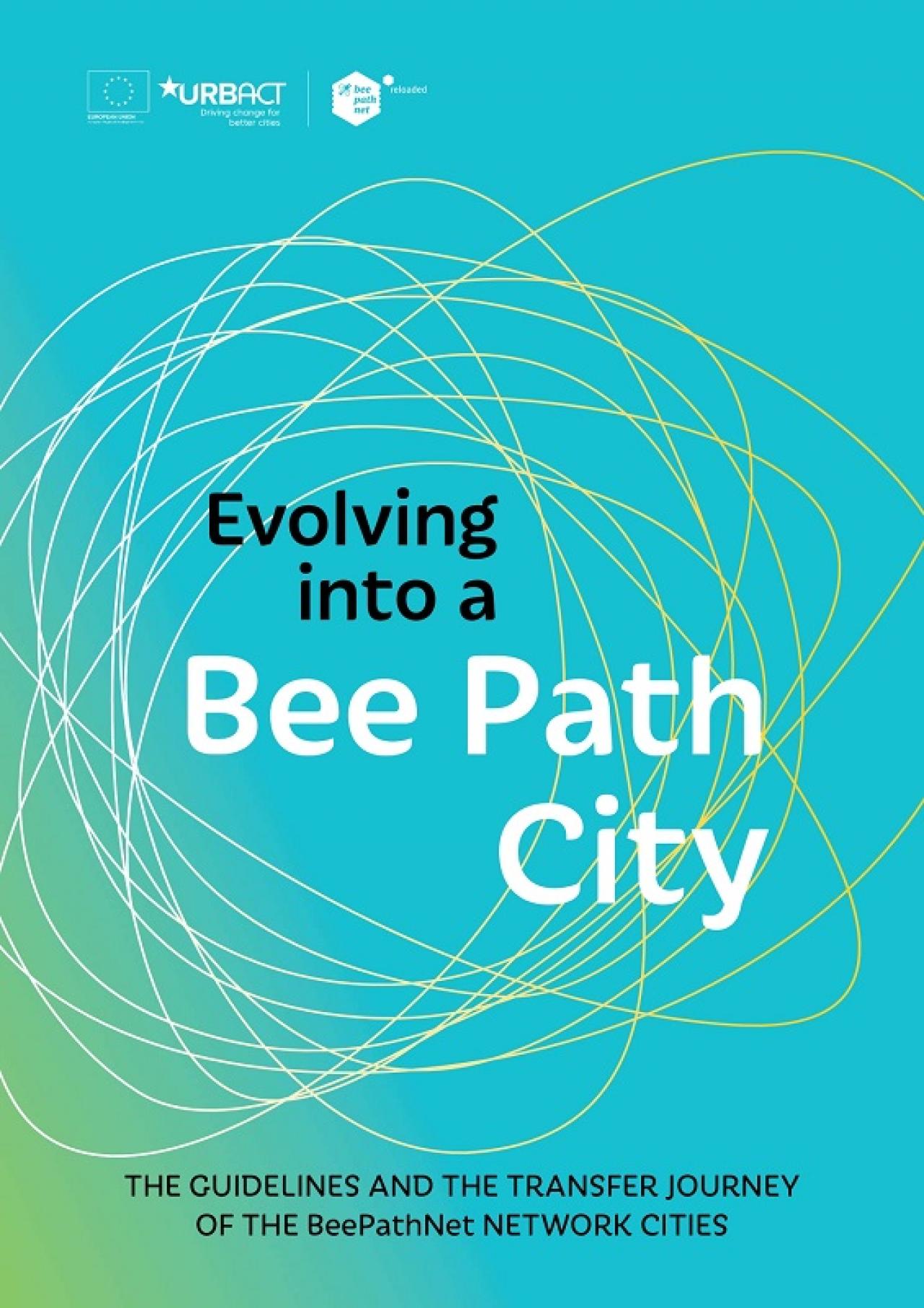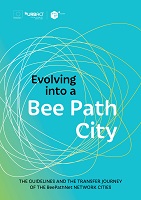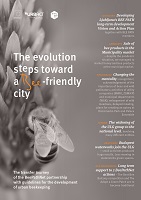In addition to Ljubljana’s (Slovenia) practice of urban beekeeping and its ‘Bee Path’ the full guidelines contain case studies and inspiring examples from five BeePathNet project partners cities (2018 – 2021; Amarante, Portugal; Bydgoszcz, Poland; Cesena, Italy; Hegyvidek, XII District of Budapest, Hungary and Nea Propontida, Greece). In the shortened pocket addition we added short information on activities of additional four BeePathNet Reloaded project partner cities (2021 – 2022; Bansko, Bulgaria; Bergamo, Italy; Osijek, Croatia and Sosnowiec, Poland).
Guidelines:
- Evolving into a Bee Path City – short guidelines (EN, SI, BG, DE, EL, ES, FR, HR, HU, IT, PL, PT)*
- The evolution steps toward a Bee-friendly city’ - Full guidelines (EN)
- Bee Path Cities Philosophy (EN, SI, BG, EL, FR, HR, HU, IT, PL, PT)
Comments: In addition to the English and Slovenian language version the short guidelines will be available in several other EU languages shortly.
If your city is seeking to understand, adapt and re-use the inspiring ‘Bee Path’ practice of Ljubljana (Slovenia) and other principles described in the guidelines, then the next step is for you to join the Bee Path Cities network. It was launched in October 2022 to continue the exchange and learning opportunities for cities beyond URBACT support. It is now open to all urban authorities in Europe and across the world. Find out more on www.urbact.eu/bees.


 We developed guidelines – tools for cities that would like to evolve into a Bee Path City. There is a short edition “Evolving into a Bee Path City” (issued in 2022) where we summarise all key aspects of our transfer journey. It is meant to encourage new cities to follow our steps and, hopefully, read the full version of the guidelines. With special support of URBACT it was translated into 12 languages.
We developed guidelines – tools for cities that would like to evolve into a Bee Path City. There is a short edition “Evolving into a Bee Path City” (issued in 2022) where we summarise all key aspects of our transfer journey. It is meant to encourage new cities to follow our steps and, hopefully, read the full version of the guidelines. With special support of URBACT it was translated into 12 languages.
